Do you have plants in your home and garden? Are they thriving, or do they just seem to be limping along? It might surprise you to learn that something as simple as sugar water can give them a much-needed boost. In this blog post, we’ll discuss the influence of liquid sugar on plant health – is it beneficial or harmful? We’ll cover everything from how different types of plants respond to what concentrations work best. Read on for useful tips about using sugar water for gardening success!
What Is Sugar Water?
Sugar water is simply a solution of sugar dissolved in water. You can make it at home by mixing together equal parts granulated sugar and water to create the desired sweetness.

The concentration of this homemade “fertilizer” depends on how much sugar you use – the more, the sweeter! There are several types of sugars you can use for your sugar water, including white sugar, brown sugar or even honey.
The Idea Behind Sugar Water
The idea behind using sugar water for plants is that it provides them with a quick source of energy. [1] When dissolved in water, the sugars become available to the plant’s roots, which absorb it and use it to fuel their growth. This makes sense when you consider that plants store energy as carbohydrates, but they can’t actually produce their own food like animals do. In other words, they have to rely on us for nutrients!
How Sugar Water Affects Plants
The effects of sugar water on plants vary, depending on the type of plant and the concentration used. Generally speaking, high concentrations of sugar water can be beneficial for plant growth.
Moreover, it helps reduce stress in plants that have been exposed to extreme temperatures or drought conditions.On the other hand, too much sugar water can be harmful. High concentrations can damage root systems and lead to poor growth. [2] Additionally, it may also encourage fungal growth as well as create an environment favorable for pest infestations. Therefore, it’s important to use caution when applying sugar water and always test your solution before use!
Pros And Cons Of Using Sugar Water For Plants
Using sugar water can be a great way to give your plants an energy boost.
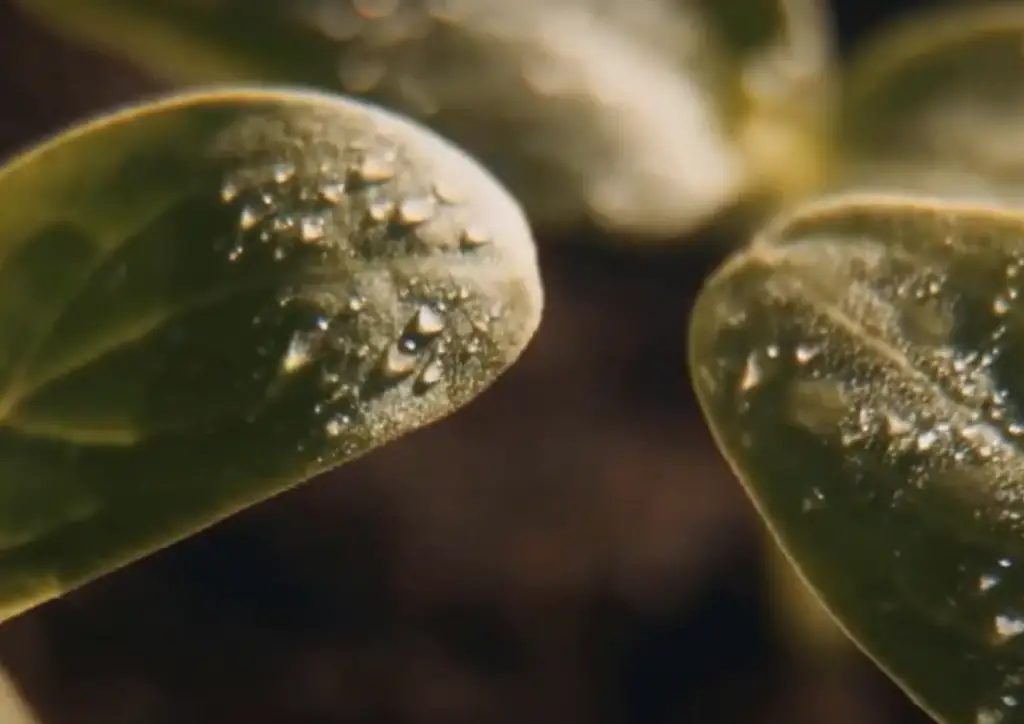
Here are some of the pros and cons of using sugar water on plants:
Pros:
- Provides a quick source of energy for stressed or weakened plants
- Enhances root development and nutrient uptake
- Can help reduce stress in extreme temperatures and drought conditions
Cons:
- Too much sugar water can damage root systems or encourage fungal growth
- High concentrations may create an environment favorable for pest infestations
- Can be difficult to measure the correct concentration for optimal growth
As you can see, there are both pros and cons to using sugar water for plants. It’s important to do your research and understand the effects it can have on different types of plants before using it.
How To Make Sugar Water For Plants
If you’re interested in using sugar water to boost your plants’ health, here are some easy steps to follow.
- Start by gathering the necessary supplies – a pot, spoon, and measuring cup for stirring, plus the ingredients (granulated sugar and distilled or spring water).
- Bring 1 cup of water to a boil on the stovetop. Once it reaches a rolling boil, reduce heat until it is at a simmer.
- Gradually add 1/4 cup of granulated sugar while stirring with a spoon until it has completely dissolved into the liquid.
- Remove from heat and allow the solution to cool before transferring it into an appropriate container for storage or use immediately.
When making sugar water for your plants, it’s important to use the correct ratios of sugar and water. Too much or too little could cause problems for your plants, so make sure to follow these instructions carefully. Additionally, be sure to store the solution away from direct sunlight and in a cool place when not in use. This will ensure that the sugar water maintains its potency for as long as possible.
Sugar Alternatives To Give Plants a Boost
If you’re looking for alternative ways to give your plants a nutrient boost, there are some sugar-free options that can be just as effective.
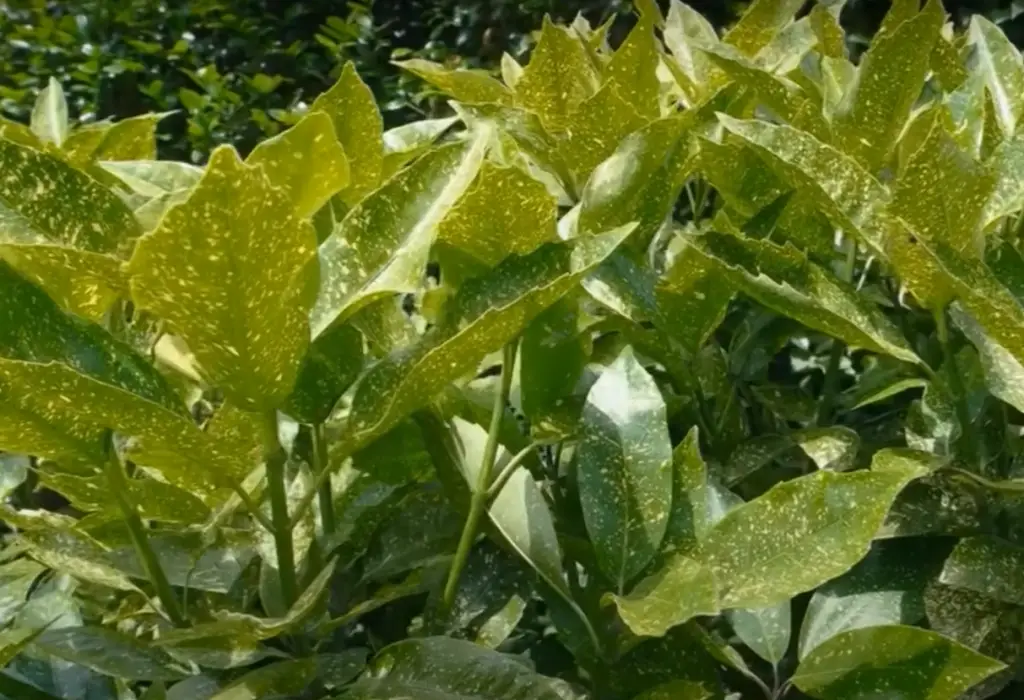
One popular option is using seaweed extract or fish emulsion as an organic fertilizer. Both of these products can provide essential nutrients and minerals to help keep your plants healthy and stimulate growth. Additionally, they both have natural anti-fungal properties which can help prevent diseases from spreading throughout your garden. Another option is compost tea, which is made by steeping compost in water for several days and then straining it before use. This solution contains beneficial bacteria and fungi which can help improve the soil quality and provide additional nutrients for your plants. Compost tea can also help to prevent certain diseases from spreading and is a great alternative for those who want their gardens to be organic.
Can Sugar Water Hurt Plants?
The short answer is that sugar water can hurt plants if it is not used in moderation. Too much sugar can cause a decrease in the plant’s uptake of essential nutrients, such as nitrogen, phosphorus and potassium. Additionally, too much sugar water can lead to fungal growth on the plant’s leaves, stems and roots. The osmotic pressure caused by the high concentration of sugars in the solution can also lead to dehydration of the plant tissue. This could prevent important metabolic reactions from taking place within cells and weaken the overall health of your plants. [3]
It is best to use small amounts of sugar when watering plants—just enough to encourage photosynthesis and increase nutrient uptake without causing harm! If you want to give your plants a slightly sweeter drink, try using diluted honey or molasses instead of pure sugar. Both contain trace amounts of nutrients that can benefit plants in addition to the sugars.
In conclusion, sugar water can be beneficial for plants when used in moderation. However, too much sugar water can damage your plants, so it is important to use it sparingly.
When Can We Use Sugar Water
Sugar water can be used when watering plants in a few different situations. Firstly, sugar water is known to increase the rate of photosynthesis and nutrient uptake in many plants. [4]
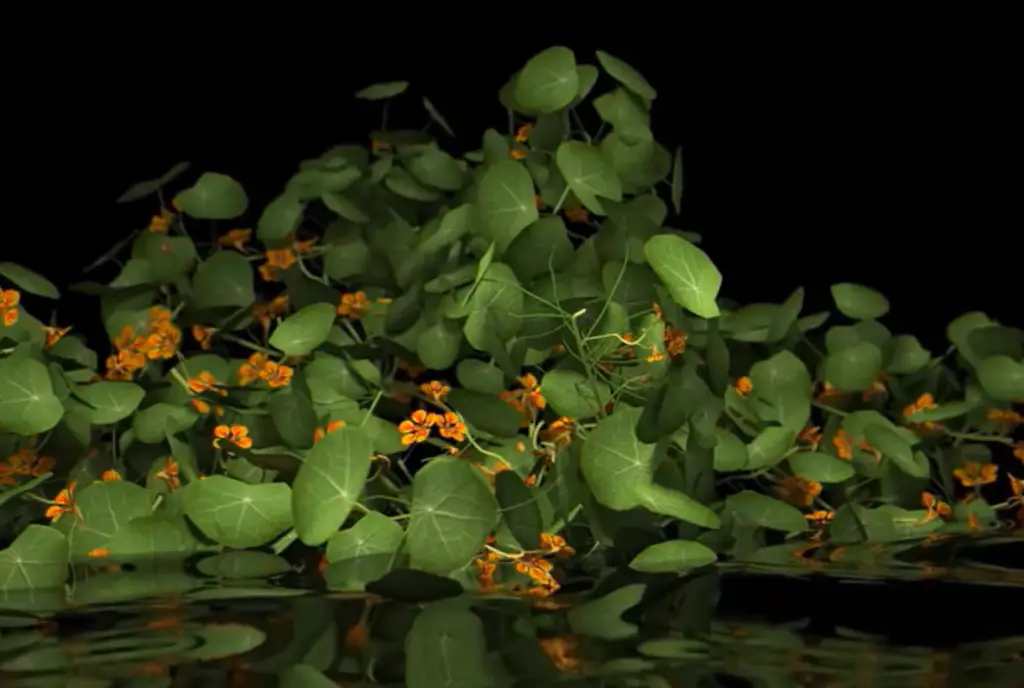
This can help promote growth during peak growing seasons or when plants are struggling to thrive due to environmental stressors. Secondly, sugar water can help increase blooming rates in flowering plants by providing additional energy for flower formation and petal development. Lastly, some horticulturalists recommend using sugar water on young seedlings to give them an extra boost of energy while they are establishing their root systems.
Some studies have found that it could even inhibit the growth of certain species. It’s best to research your plants before attempting to use sugar water on them. In general, using small amounts of sugar water in moderation can be a great way to give your plants the extra boost that they need. However, it is important to remember that too much sugar can lead to nutrient imbalances and other issues in your garden so make sure you’re only using it when necessary!Signs of Overusing Sugar Water On Plants
While sugar water can be a useful tool in the garden, it’s important to avoid overusing it as this could cause serious harm or even death to your plants. Here are some signs of plant distress that may indicate you’ve been using too much sugar water:
- Wilting – Plants will start to wilt if they are receiving too much sugar in their water supply as they won’t be able to absorb the necessary nutrients from the soil. Additionally, if the leaves become yellow and brittle, this is also an indication that the plant is not getting enough nutrients from its environment.
- Fungal growth – If you begin to notice white spots on your plants or dark patches on the leaves, it could indicate that too much sugar water is being used. The high levels of sugar in the solution can create an ideal environment for fungal growth which can harm your plants if not treated immediately.
- Chlorosis – If leaves of a plant appear pale or yellow and are unable to produce chlorophyll, this is an indication that there is too much sugar in the soil for them to absorb the necessary nutrients from it. This condition is known as chlorosis and can cause serious damage to your plants if left untreated. [5]
By monitoring these signs carefully, you’ll be able to identify when your plants may be receiving too much sugar water. If any of these symptoms start to appear, reduce the amount of sugar water you are giving your plants and take steps to correct any nutrient imbalances in the soil.
Some Common Claims About Sugar Water used on plants
When it comes to sugar water, there are a lot of misconceptions about its use and effectiveness. Here are some of the most common claims that you may have heard:
Sugar water can increase plant growth
While it is true that sugar can help to provide plants with energy, this does not necessarily mean that it will make them grow faster. In fact, too much sugar in soil can actually damage the roots and kill your plants.
Sugar water will prevent disease
Unfortunately, sugar water cannot prevent diseases from developing in your garden. In fact, if you use too much sugar in your soil, it could actually attract pests and encourage fungal or bacterial diseases to take hold.
Sugar water has no effect on plants
This is simply not true; research has shown that adding small amounts of sugar water to a plant’s soil can have a positive effect by providing it with extra energy.
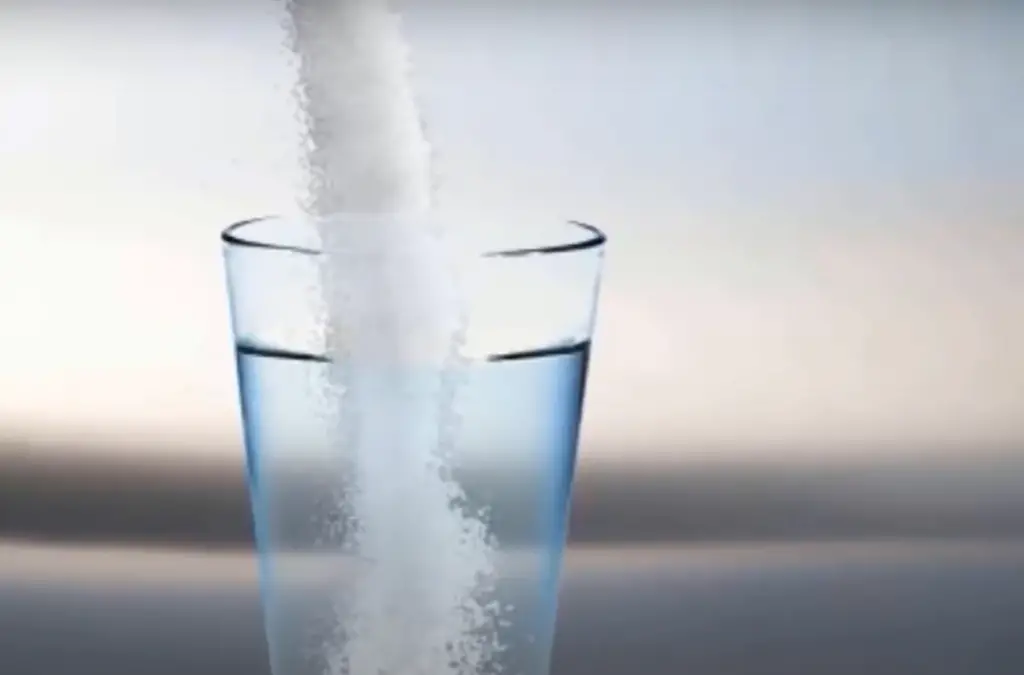
However, it is important to be mindful of how much sugar you are adding and not to exceed the recommended amounts.
Sugar water acts as a fertilizer
Sugar water will not act as a fertilizer for your plants. While it can provide them with some energy, it does not contain any of the nutrients that are essential for healthy plant growth.
In conclusion, adding small amounts of sugar water to a plant’s soil can have a positive effect, but it is important to remember to use it in moderation and not to exceed the recommended amounts.
FAQ
Do plants grow better with sugar water?
No, there is no evidence that using sugar water will promote faster or better growth in plants. In fact, too much sugar can cause harm to your plants and may even lead to nutrient imbalances. If you want to give your plants a slight boost of energy it’s best to use small amounts of sugar water in moderation or try using diluted honey or molasses instead.
What are the signs of overusing sugar water on my plants?
If you’ve been using too much sugar water on your plants then some signs of distress may start to occur. These could include wilting, fungal growth on the leaves or stems, yellowing of the leaves and chlorosis (pale or yellow leaves with little or no chlorophyll). If any of these signs appear it’s important to reduce the amount of sugar water you are using and take steps to correct any nutrient imbalances in the soil.
How much sugar should be in water for plants?
The amount of sugar that should be in water for plants will depend on the type of plant and the environmental conditions. Generally, it’s best to use small amounts of sugar in moderation or diluted honey or molasses instead. It’s important to research your plants before attempting to use sugar water so you can ensure that you are using the proper amount for your specific plants.
How do you measure sugar in plants?
To measure the sugar in plants, you will need to use a Brix meter. This device measures the refractive index of a liquid and can give you an accurate reading of its sugar content. It’s important to note that using too much sugar water on your plants can lead to nutrient imbalances so make sure you are only using it when necessary and in moderation.
Is sugar water dehydrating?
No, sugar water is not dehydrating for your plants. In fact, it can help to provide them with an extra boost of energy. However, it’s important to use sugar water in moderation and always research the specific plant before attempting to use it so you don’t put your plants at risk of nutrient imbalances.
What is the best sugar for plants?
Brown sugar is the best type of sugar for plants as it contains valuable minerals that can help to promote healthy growth. Additionally, honey and molasses are other alternatives that can provide your plants with a boost of energy without the risk of over-sugaring them. However, it’s important to keep in mind that too much sugar water can lead to nutrient imbalances so it’s best to use these types of sugars in moderation or diluted down with water.
Can I use artificial sweeteners for my plants?
No, it is not recommended to use artificial sweeteners on your plants as these products may cause more harm than good. Artificial sweeteners can have an adverse effect on plant growth and could lead to nutrient imbalances that stunt the development of your plants over time. If you want to give your plants an extra boost of energy it’s best to use natural sweeteners such as honey or molasses instead.
What is 1 use of sugar in plants?
One use of sugar in plants is to give them a slight boost of energy. Small amounts of sugar water can be beneficial for plants as it contains carbohydrates which the plant can use as an energy source. However, it’s important to use it sparingly and only when necessary to avoid harming your plants. Additionally, there are other alternatives such as compost tea or organic fertilizers which may be just as effective but without the risk of over-sugaring your plants.
What is a 5% sugar water solution?
A 5% sugar water solution is a mixture of five parts sugar to 95 parts water. This concentration is usually used in plant propagation, as it provides the cuttings with enough energy to start getting established without risking harm to the plant as more concentrated solutions can lead to nutrient imbalances and fungal growth. It’s important to monitor your plants carefully when using this solution and reduce the amount of sugar you are giving them if any signs of distress start to occur.
Useful Video: Is Sugar Water Good For Plants That Are Dying??
Conclusions
In conclusion, using sugar water to help your plants thrive isn’t as simple a process as it might seem. Different types of plants respond differently and require different concentrations of liquid sugar for optimal growth. Maintaining the correct amount of water in the soil is also important to avoid over-fertilization. Taking the time to research your specific plant type is key in determining how much sugar will be beneficial to its well being. As long as you remain mindful of the quantity and purpose of the sugar water, you can significantly improve your plant’s health while avoiding potential damage. With this knowledge, you can unlock the full potential of your houseplants or garden and have them flourishing in no time!
References:
- https://homework.study.com/explanation/for-what-purpose-does-a-plant-use-the-sugars-produced-during-photosynthesis.html#:~:text=Plants%20use%20sugars%20produced%20in,to%20make%20energy%2C%20or%20ATP.
- https://myplantin.com/blog/is-sugar-water-good-for-plants
- https://littleleafy.com/is-sugar-water-good-for-plants/
- https://nhpbs.org/natureworks/nwepphotosynthesis.htm#:~:text=During%20photosynthesis%2C%20plants%20trap%20light,substances%20like%20cellulose%20and%20starch.
- https://myplantin.com/blog/is-sugar-water-good-for-plants
- https://whyfarmit.com/sugar-for-plants/





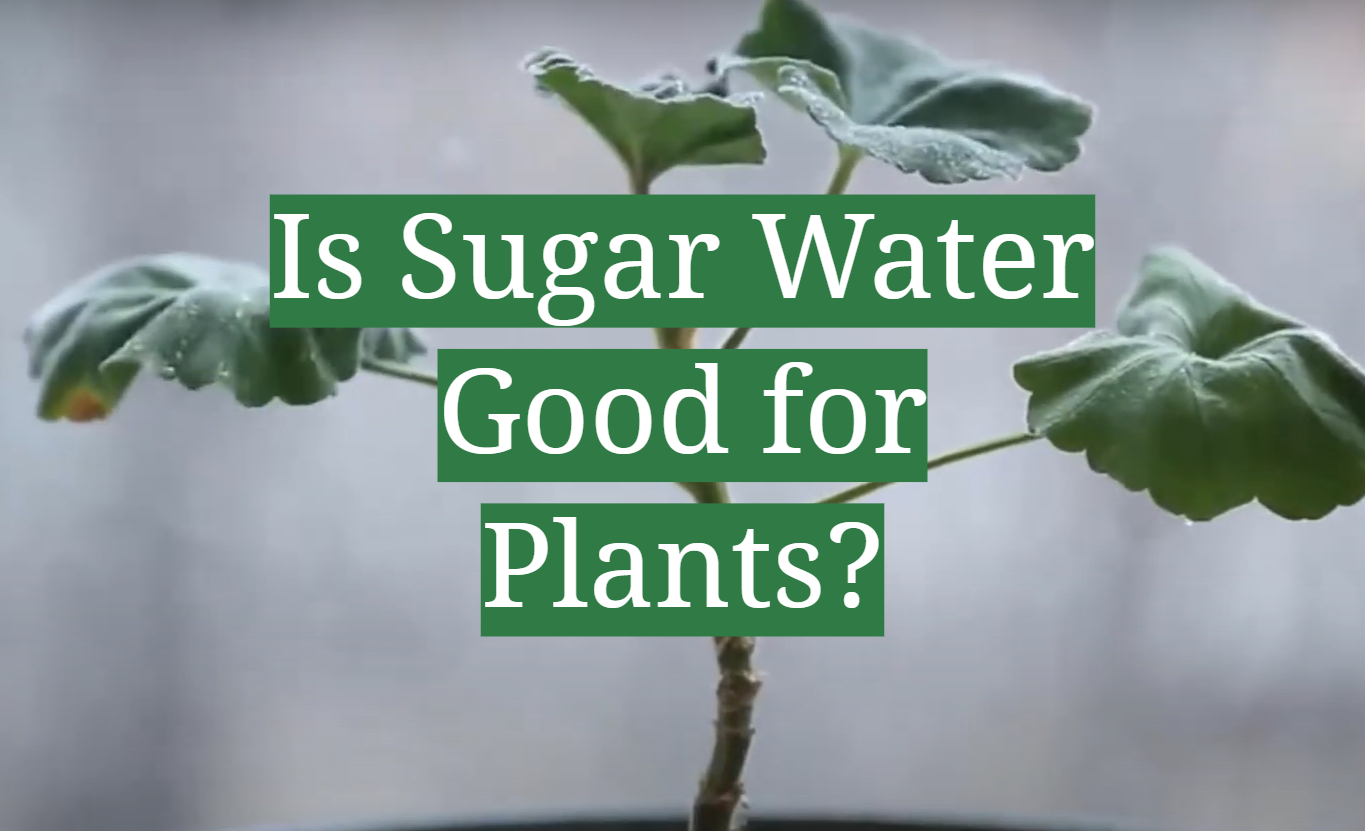




Leave a Reply
View Comments